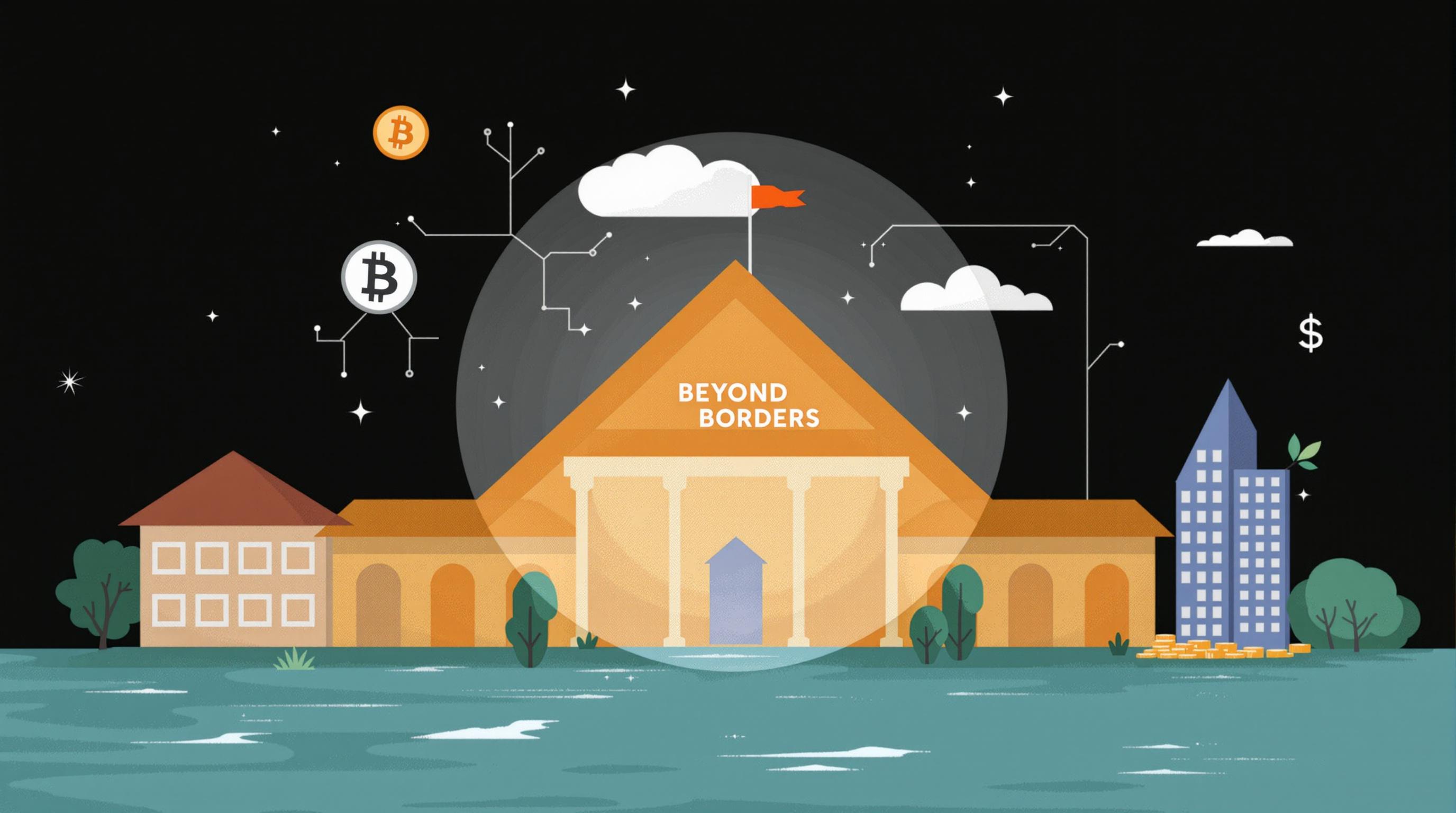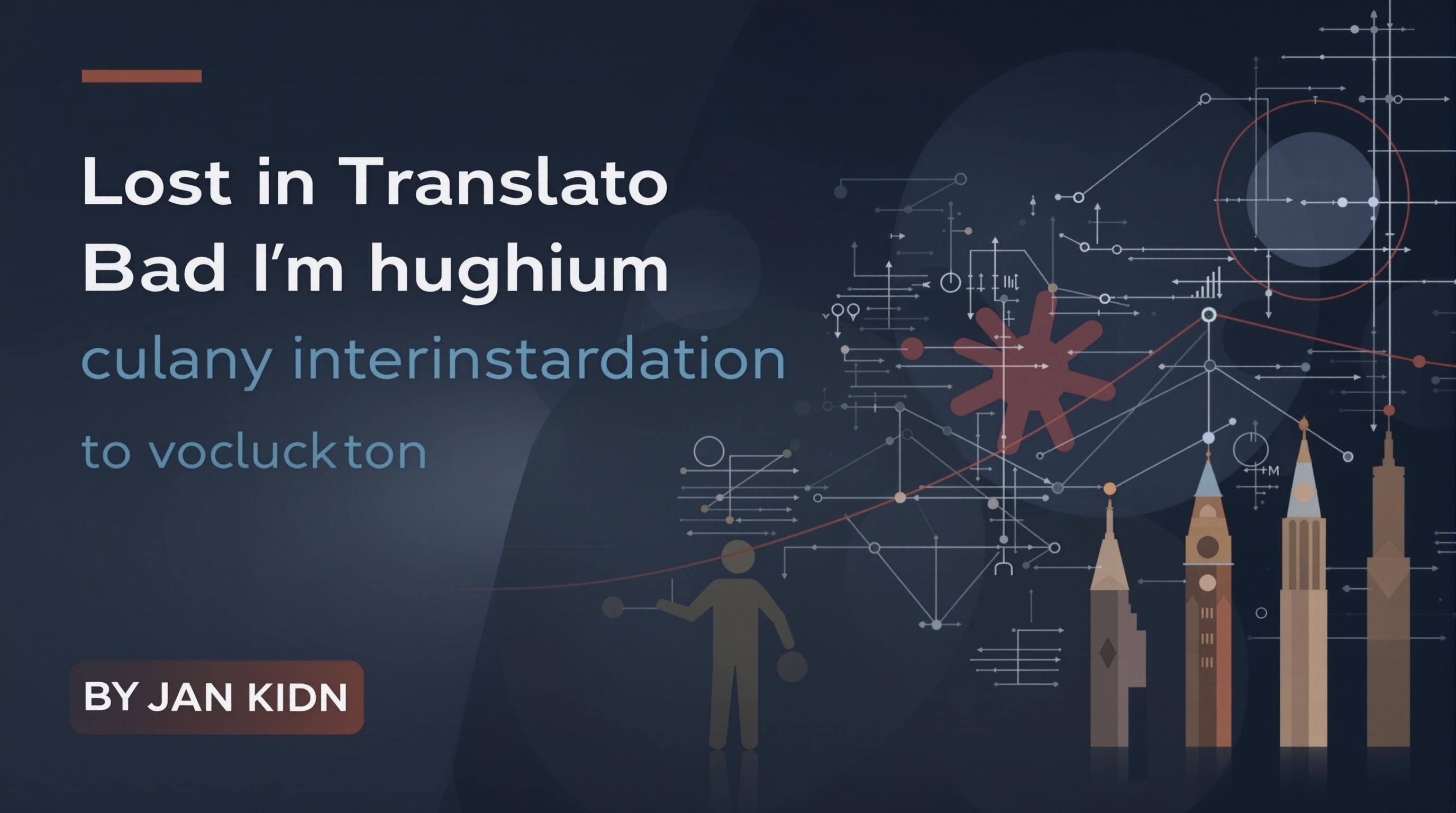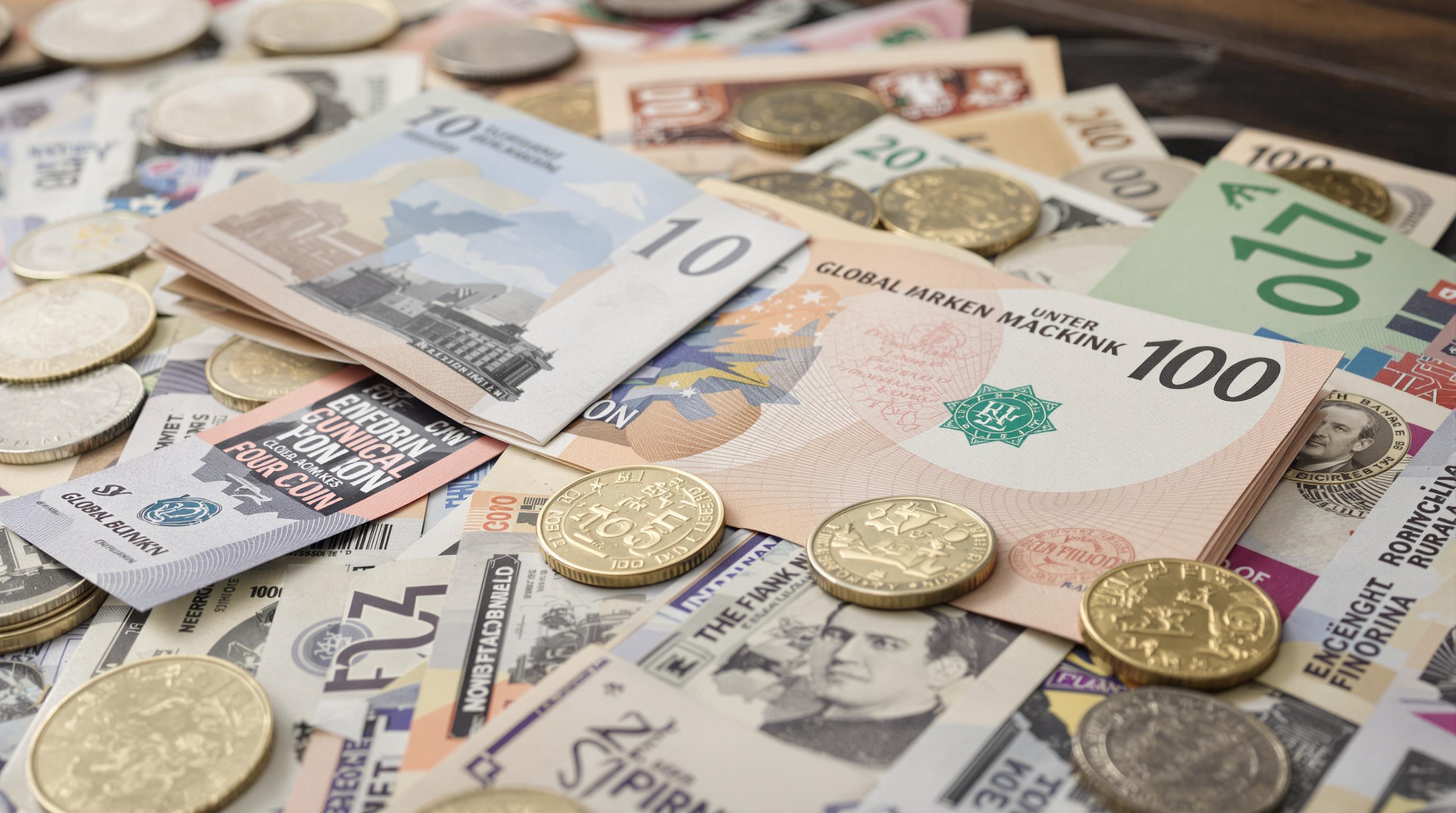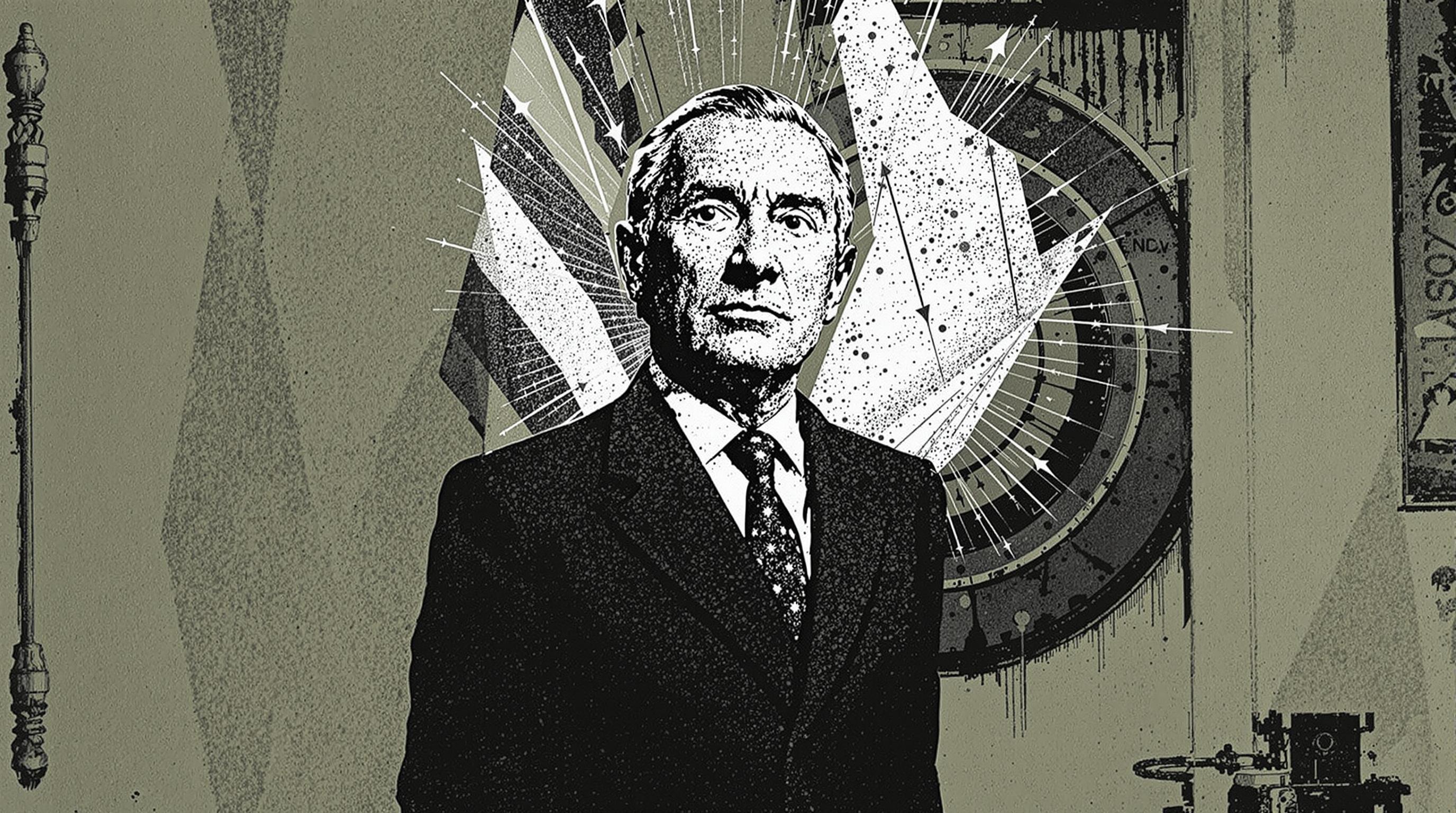Related Articles
- From Philanthropy to Profits: How Social Impact Investing is Reshaping the Future of Capital Markets
- Lost in Translation: How Language Barriers Shape Global Banking Relationships and Client Interactions
- Regulatory Labyrinths: Examining the Unanticipated Effects of Financial Laws on Sustainable Fashion Markets
- The Hidden Connection Between Gamification and Banking: How Playful Finance Engages a New Generation of Savers
- Borrowing Blues: How Your Zip Code Can Affect Loan Access and Financial Flexibility in Suburban vs Urban Areas
- Exploring the Quiet Revolution: How Biometric Privacy is Transforming User Trust in Digital Banking
Beyond Borders: The Financial Ecosystem of Unregulated Crypto Banks in Developing Nations
Beyond Borders: The Financial Ecosystem of Unregulated Crypto Banks in Developing Nations
In developing nations, unregulated crypto banks are reshaping the financial landscape, liberating financial services for the underserved while posing ethical dilemmas and risks. This article delves into their potential and pitfalls, spotlighting case studies and statistics that illustrate their transformative power.
The Rise of Unregulated Crypto Banks
Imagine a world where anyone with a smartphone can access banking services, no matter where they live. This dream is becoming a reality in many developing nations through unregulated crypto banks, which provide alternatives to traditional banking. According to a report from Chainalysis, the use of cryptocurrencies in developing countries surged by over 1200% from 2020 to 2021.
What's Driving the Change?
One of the primary drivers is the lack of access to traditional banking services. According to the World Bank, nearly 1.7 billion adults remain unbanked globally, with a significant portion residing in developing regions. You can think of these unregulated crypto banks as the digital superhero swooping in to save the day. Without the barriers of entry imposed by traditional financial institutions, these crypto banks meet the needs of individuals who are often forgotten in the conventional banking system.
The Lack of Regulations: A Double-Edged Sword
On one hand, the absence of regulations allows for rapid innovation and accessibility. On the other hand, this unregulated environment brings significant risks. For instance, a case study from Nigeria illustrates this duality: the rapidly growing crypto ecosystem attracted 27% of the country's population by 2022, but many fell victim to scams and fraud due to the lack of oversight (Blockchain Research Institute).
Conversational Insights from the Ground Up
Let's step back and listen to the stories of people using these platforms. Maria, a 25-year-old small business owner in Kenya, recently shared how she uses a non-regulated crypto banking app to manage her transactions. “It’s like having a bank in my pocket,” she exclaimed. “I can send money to my family in another region without the fees and delays of traditional banks.” Her sentiments resonate with many in the region, showcasing firsthand how these services can enhance financial inclusion.
Case Study: Venezuela's Crypto Revolution
Venezuela serves as a remarkable example of unregulated crypto banks reshaping societal norms. With rampant inflation and a depreciating currency, locals turned to cryptocurrencies like Bitcoin and Ethereum as a refuge for their savings. According to the Virtual Currency Adoption Index, Venezuela ranked as one of the highest countries in terms of cryptocurrency usage, with about 50% of the population engaging in crypto transactions by early 2023.
A Cautionary Tale
However, not all that glitters is gold. The volatility of these digital assets can lead to catastrophic financial decisions. Many Venezuelans who invested their life savings in cryptocurrencies watched in horror as prices plummeted. It emphasizes the point that while opportunity is ripe, education about risks is essential for sustainable growth.
The Unregulated Advantage: Speed and Efficiency
Let’s talk numbers! Did you know that transactions through some unregulated crypto banks can be completed in as little as 10 seconds? That's significantly quicker than the 2-5 business days for international wire transfers through traditional banks. For families needing to send money for urgent medical expenses or students looking to pay for tuition abroad, this speed could mean the difference between life and death, or success and failure.
Local Economies and Growth
But it’s not all about speed; it's about the ripple effect this financial inclusion has on local economies. A report by the IMF suggests that increasing access to crypto banking in developing nations could potentially increase GDP by up to 3% over the next decade. Imagine that—fewer financial barriers, genuine economic growth! That could lead to better education, healthcare, and infrastructure.
The Personal Touch: Interviews with Innovators
In an exclusive interview with Rose Mwangi, a co-founder of a Kenyan crypto bank, she highlighted, “We wanted to create something for our people, and without the regulations weighing us down, we can iterate and improve faster.” And iterating is exactly what these platforms are doing, coming up with innovations like decentralized finance (DeFi) that enable lending, borrowing, and earning interest directly through smart contracts. Who knew banks could be so creatively nimble?
Fostering a Community: Building Trust
Perhaps the most compelling aspect of these unregulated crypto banks is how they foster a sense of community. Users often share tips and warnings in local Facebook groups or Telegram channels. This tight-knit community provides a layer of protection that traditional banks can’t replicate, creating an informal but effective support network. “When someone gets scammed, it’s often a community-wide alert,” says James, a crypto enthusiast from the Philippines. “We look out for each other.”
The Ethics of Unregulated Banking
At this point, you might wonder—are these unregulated crypto banks ethical? That’s a loaded question. Proponents argue that they provide desperately needed services to those often overlooked by brick-and-mortar banks. Opponents, however, caution against the potential for exploitation and fraud in a system where oversight and regulation are minimal. Balancing innovation and ethics will be the defining challenge for these financial entities; it’s a high-wire act without a safety net.
How to Approach Investment Wisely
As appealing as these unregulated banks may be, it’s vital to approach investment wisely. A study by Statista revealed that 75% of millennials in developing nations are open to investing in cryptocurrency, driven largely by the “fear of missing out.” However, blind investment can lead to significant financial losses. Educating the populace about the risks associated with crypto-assets is crucial, as a well-informed investor can mitigate potential pitfalls.
The Future of Banking in Developing Nations
What does the future hold? It’s a question that has intrigued economists and futurists alike. Many believe that we are on the cusp of a financial revolution—one that could redefine banking as we know it. Emerging technologies such as artificial intelligence and machine learning could pair with blockchain to create even more efficient and user-friendly financial solutions. “The future is bright for those who are willing to adapt and innovate,” says Mwangi. And who knows? One of those “bright” futures might just involve an unregulated crypto bank serving millions.
Conclusion: The Road Ahead
While the allure of unregulated crypto banks in developing nations cannot be overstated, the responsibility lies in the hands of consumers, innovators, and regulators alike. They must navigate the fine line between risk and opportunity. With careful consideration, insight, and community support, these unregulated financial institutions could unlock a new financial frontier in places where hope and need collide. Remember, just because you can fly doesn't mean you should? Sometimes, it’s better to have a safety net.





